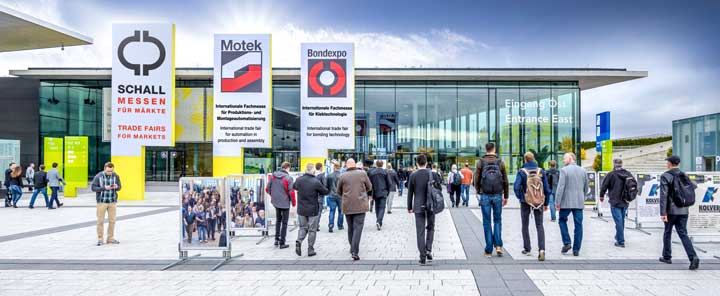Sustainability 26. July 2023
RoboGrind research project to ensure end-to-end sustainability of green technologies
For green technologies to be sustainable in the overall cycle, remanufacturing of worn-out equipment and parts is crucial. The remanufacturing of e.g. wind turbine rotors, gear wheels, battery cells or hydrogen tanks minimizes the environmental impact by requiring fewer raw materials and energy-intensive processing steps compared to new production and by avoiding additional material transport.
Since wear mainly affects shape or surface properties, remanufacturing has so far been associated with high labor costs. Even with a robot-based machining process, the current state of the art requires very frequent manual and thus expensive adaptation of the robot program. This often makes new production more economical, although it is significantly less sustainable.
The goal of the RoboGrind research project is therefore to develop an AI-based, flexible automation solution that allows the robot to program and set itself up independently for the machining task. The project focuses on the process steps of grinding, polishing and deburring in the fields of green mobility, green energy storage and green power generation.
AI researcher Prof. Marco Huber from the IFF at the University of Stuttgart explains, "A cost-effective and flexible system for automated surface machining is necessary for economical reconditioning of wind turbine rotor blades or electric motor gears. By using AI-based software solutions, it is possible to integrate object detection and measurement, force-controlled surface processing and downstream visual inspection in a single robot system."
RoboGrind is a joint project of the University of Stuttgart, DHBW Karlsruhe and SHL AG funded by InvestBW and coordinated by the robotics software and solution provider ArtiMinds Robotics.
Since wear mainly affects shape or surface properties, remanufacturing has so far been associated with high labor costs. Even with a robot-based machining process, the current state of the art requires very frequent manual and thus expensive adaptation of the robot program. This often makes new production more economical, although it is significantly less sustainable.
The goal of the RoboGrind research project is therefore to develop an AI-based, flexible automation solution that allows the robot to program and set itself up independently for the machining task. The project focuses on the process steps of grinding, polishing and deburring in the fields of green mobility, green energy storage and green power generation.
AI researcher Prof. Marco Huber from the IFF at the University of Stuttgart explains, "A cost-effective and flexible system for automated surface machining is necessary for economical reconditioning of wind turbine rotor blades or electric motor gears. By using AI-based software solutions, it is possible to integrate object detection and measurement, force-controlled surface processing and downstream visual inspection in a single robot system."
RoboGrind is a joint project of the University of Stuttgart, DHBW Karlsruhe and SHL AG funded by InvestBW and coordinated by the robotics software and solution provider ArtiMinds Robotics.

